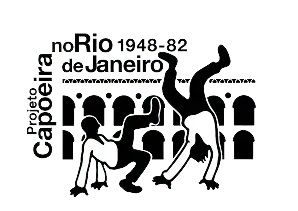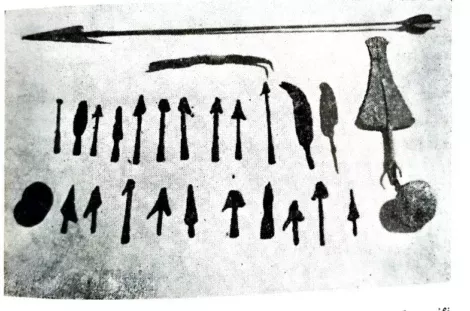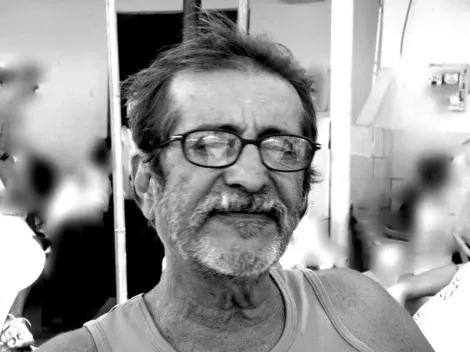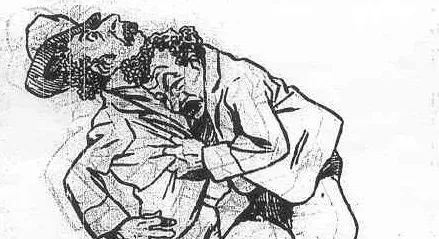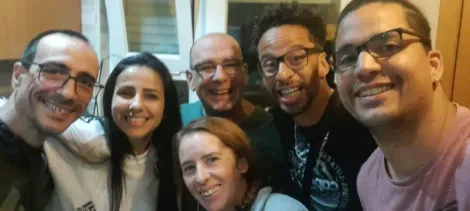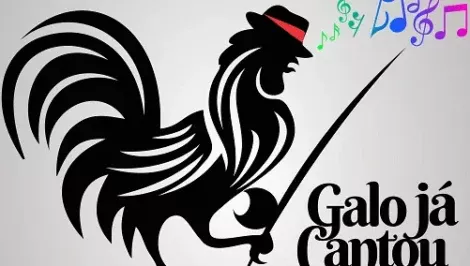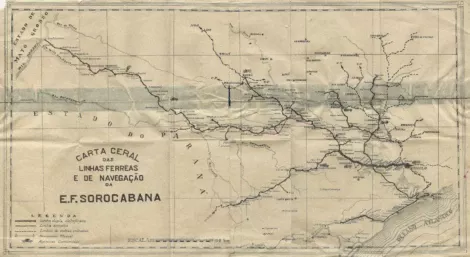Between ubuntu and milonga: the Bantu legacy in Brazil
By Stefania Capone. The Ubuntu philosophy is seen as a model of ethical behaviour by some capoeira groups. Anthropologist Stefania Capone, a specialist in African-based…
What do we know about the south of Angola between 8000 BCE and 1400 CE? And how can we know more?
By Marcos Leitão de Almeida. In her post for this blog, historian Mariana Candido rightly stated that there is a lack of archaeological evidence for…
Frede Abreu
By Maria Luísa Pimenta Neves. Frederico José de Abreu (1946-2013), known in capoeira circles as Frede Abreu, was a native of Bahia who discovered and…
Classic sources of capoeira history: Plácido de Abreu, 1886
The Portuguese writer and poet Plácido de Abreu published the novel Os capoeiras in 1886. Its introduction entitled “Two Words” represents a fundamental reference for…
Festival Galo Já Cantou 2021: Mestre Alexandre Batata wins the prize “History of Capoeira in Rio de Janeiro”
By Matthias Röhrig Assunção. The award “History of Capoeira in Rio de Janeiro” was a special competition of the Festival Galo já cantou organised by…
The cockerel has crowed! The history of capoeira in Rio de Janeiro in verse and song
By Matthias Röhrig Assuncão. Capoeira songs – ladainha, quadra, louvação or corrido – have always played an important role in the transmission of the fundamentals,…
The Diaspora of Rio de Janeiro’s capoeiras during the First Republic: the case of São Paulo
By Pedro Cunha. When we think of the historical process by which capoeira developed, we often overlook the rich exchanges that took place among people…
Thoughts on Capoeira in Present Time
By Luiz Renato Vieira. Class at the Capoeira project, University of Brasilia (UnB) Since the beginning of the 20th century, historians have discussed whether the…
